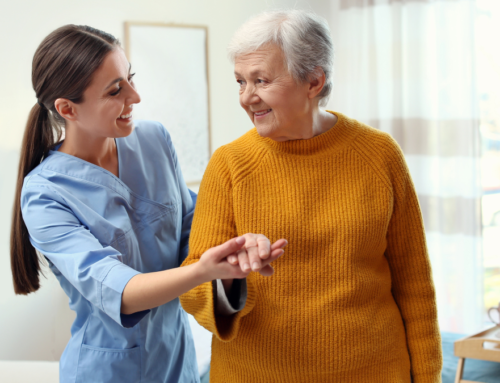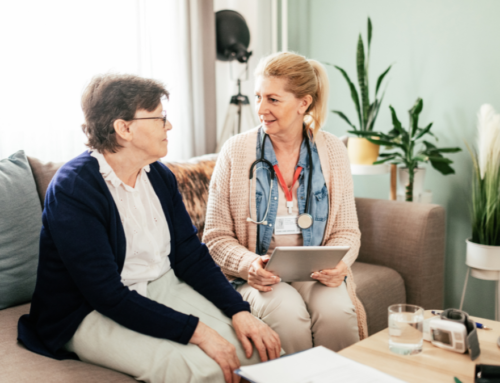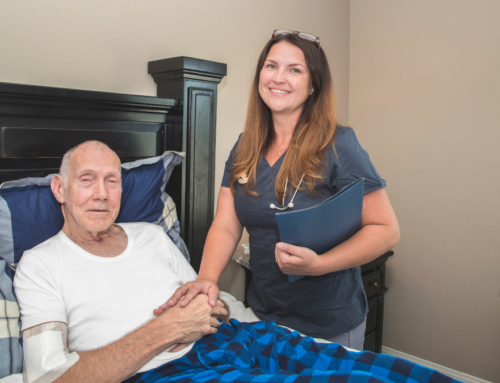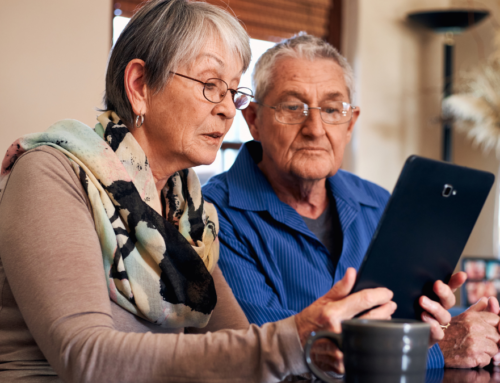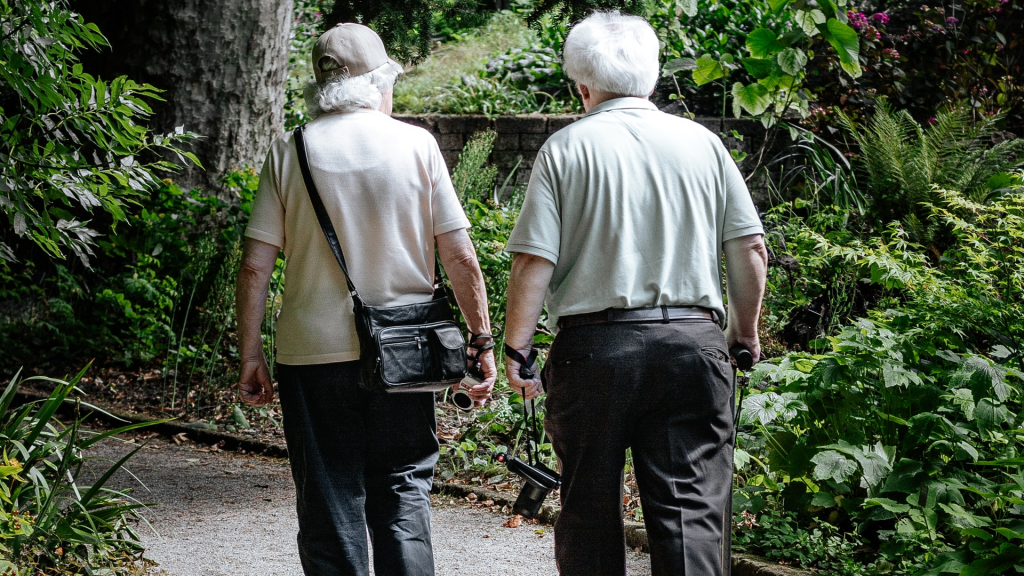
How Exercising For Just 30 Minutes Per Day Can Stop You From Getting Sick
If you’re like a lot of people these days, you have had just about enough of 2020, and you’re ready for a new year. It has been a year that, to say the least, has left us feeling out of control. Between the pandemic, civil unrest, a wildly fluctuating stock market, heated political debates, and the announcement of a minuscule 1.3% “cost of living” increase in Social Security benefits that won’t even begin to cover the increased costs of medicare, and other necessities.
This year has literally been one thing after another, and each one has just exacerbated the out-of-control feeling, making us feel there is nothing we can do about any of it…
While that is true for some of the craziness we’re experiencing, there is one thing we can all do to help improve our immune system, and give ourselves the best possible chance of staving off the COVID virus, as well as the flu (as flu season approaches)…
No, we’re not talking about a vaccine, or medicine…that is up to you and your doctor to decide. We are talking about low intensity, moderate exercise.
That’s right, exercise. Yes, we’ve talked about this before in a blog post titled, 5 Tips for Taking Care of Your Heart, Body and Mind – a Guide for Seniors. We can’t stress enough the importance of exercise – as long as it is approved by your doctor and appropriate for your level of mobility and any health conditions you have. Please don’t start any sort of exercise without first talking to your doctor.
With that said, according to the United Nations, in 2019 there were 703 million people aged 65 years or older worldwide. That implies that about 10% of our world population is at higher risk for contracting COVID, the flu, or another virus or illness.
This is because aging bring about several changes, including increased inflammatory responses mediated by the immune system with reduced capacity to protect against infections, cancer and wound healing, leading to more severe consequences of bacterial and viral infections and reduced response to vaccinations. This makes seniors more susceptible to those illnesses that target the immune system, inflammatory diseases, and many others as well.
Before we go further, let’s take just a moment to differentiate between physical activity and physical exercise. Physical activity is any activity that gets the body moving, including but not limited to sports, leisure activities, cleaning, dancing, walking, and physical exercise.
Physical exercise, on the other hand, is a planned, structured and purposeful physical activity, specifically intended to increase heart rate, and work the muscles and/or cardiovascular system.
That means that all physical exercise is physical activity, but not all physical activity is physical exercise. Does that make sense? For example, vacuuming the living room counts as physical activity, but isn’t necessarily physical exercise.
Without getting too technical, physical exercise, performed at a moderate level, has been shown to increase immunity by helping the cells and systems inside the body function more efficiently and effectively. Think about taking your car for a tune-up. Perhaps it’s not running it’s best, and you’re not getting the best gas mileage. You take it for a tune-up to get all of the car’s systems running at peak efficiency, and that makes your car run better as a result. It’s essentially the same with your body except, instead of having mechanics work on you, you can control this “tune-up” simply by exercising…
What types of exercise should you do to help boost your immune system?
That varies, based on your abilities, health condition, mobility, and what you enjoy and/or will stick with long term.
Here are 10 possible options, to give you more ideas. Again, please be sure to consult your physician prior to starting anything new. The recommended duration of the exercise is 30 minutes (or at least 20 minutes), but any amount of exercise is better than nothing.
- Walking – This can be done outside or inside, wherever you can do so safely.
- Running or Jogging – This can also be done outside or inside, as long as it’s safe.
- Weight training – be sure you use weights that are easily manageable and/or work out with a partner.
- Resistance band training – Similar to weight training, however, you use resistance bands instead.
- Body weight training – Exercises like wall push-ups, chair squats, etc. that utilize just your body weight can be quite effective.
- Senior Aerobics – There are many places, including some senior centers, that offer aerobics classes specifically designed for seniors.
- Yoga – Like with aerobics, there are many places, including some senior centers, that offer yoga classes specifically designed for seniors.
- Swimming – Doing laps in an outdoor pool or indoor pool can be great exercise and low impact.
- Water Aerobics – Similar to “regular” aerobics, however performed in a pool, usually in a group.
- Cycling or Rowing – While this can be done on an actual bicycle or in a rowboat, there are stationary bicycles and rowing machines that are low impact without the variables of doing these activities outside, that make for great exercise.
Hopefully these give some good ideas of ways to get active, but it is by no means an all-inclusive list. We suggest using it as a starting point, and find the activity or activities that you actually enjoy, that you can do consistently, and regularly.
It has been shown that 180 minutes of moderate exercise within a week is optimal for improving your immune system. That breaks down to 30 minutes per day, six days per week. With that said, that is optimal, but as we mentioned before, any amount of exercise is better than none.
We understand the challenges that we have all faced this year. Hopefully this will help you take control of your health, and ensure your body and immune system are functioning as efficiently as possible, to keep you healthy and able to focus on those things that make you happy.
We hope you find these tips helpful. If you have any questions, or would like to speak to one of our specialists, you can click here to contact us, you can call us at (678) 494-8129, or you can email us at info@SilverCompanions.com. We are happy to set up a no-cost, no-obligation consultation to discuss your unique situation.

